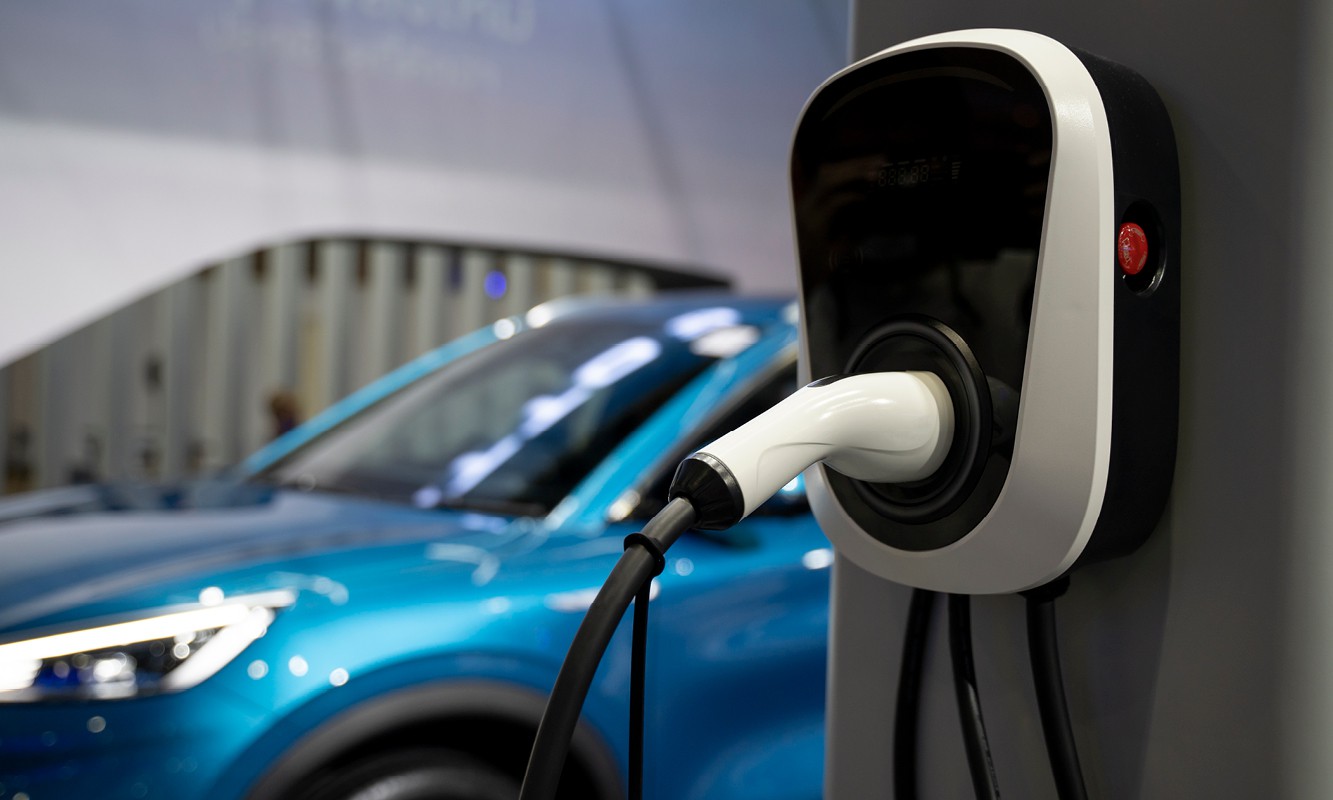In the recent decision of Vanderstock v Victoria [2023] HCA 30, High Court held by a narrow 4:3 majority that a tax imposed by Victoria on the use of electrical and hybrid vehicles (EVs) was invalid. The decision is significant because the majority reopened and overruled previous High Court authority to reach that conclusion. It is also significant because it may affect the validity of other state taxes. This article briefly explains the decision and its implications.
The ZLEV Act
Victoria was the first of several States to impose a tax on the use of EVs in the Zero and Low Emission Vehicle Distance-Based Charge Act 2021 (Vic) (ZLEV Act). South Australia passed (now repealed) similar legislation, as did New South Wales.
The ZLEV Act purported to require registered operators of EVs to report their odometer reading annually and pay a per-kilometre charge for the use of EVs on all public roads (ZLEV tax).
The ZLEV tax was introduced because, unlike owners of petrol, diesel and LPG vehicles, owners of EVs currently pay little or no fuel excise. Revenue from fuel excise, which is collected by the Commonwealth government and partially redistributed to the States and Territories, contributes to building and maintaining roads. The Victorian government was concerned that over time it would have less revenue to build and maintain roads as more consumers purchase electrical vehicles.
The constitutional challenge
The plaintiffs owned EVs registered in Victoria and were liable to pay the ZLEV tax. The Commonwealth intervened in support of the plaintiffs, and all of the States and Territories intervened in support of Victoria.
The plaintiffs argued that the ZLEV tax imposes a “duty of excise” within the meaning of that term in s 90 of the Constitution. Section 90 reserves to the Commonwealth Parliament the exclusive power to impose duties of customs and of excise. The plaintiffs argued the ZLEV tax was an invalid because it was a duty of excise imposed by Victoria and not the Commonwealth.
Previous High Court decisions
Section 90 is a heavily litigated section of the Constitution. It has been considered over 30 times in the High Court’s history, but not since the 1997 decision in Ha v New South Wales (1997) 189 CLR 465.
Previous decisions of the High Court established that a duty of excise is:
- an inland tax (as opposed to a border tax or customs duty or a fee for service);
- imposed on goods;
- in the process of their production, manufacture, sale or distribution before they reach the hands of a consumer.
Several cases adopted that formulation, including a unanimous court in Bolten v Madsen (1963) 110 CLR 264. However, the validity of a tax imposed on the consumption of goods had only squarely been decided in one previous case: Dickenson’s Arcade Pty Ltd v State of Tasmania (1974) 130 CLR 177. In Dickenson’s Arcade, five of six Justices of the High Court accepted that a tax on goods was a duty of excise only to the point of receipt by the consumer. Accordingly, Tasmanian legislation that imposed a tax on the consumption of tobacco was held to be valid.
As a result, the States had assumed they were free to impose consumption taxes (or, in other words, taxes on using a good or destroying a good by use).
The majority decision
The plaintiffs in Vanderstock asked the High Court to extend the concept of a “duty of excise” to include a tax on use or consumption such as the ZLEV tax.
The Chief Justice, Gageler and Gleeson JJ, and Jagot J (writing separately), accepted the plaintiff’s invitation to reopen and overrule Dickenson’s Arcade. Their Honours held that a duty of excise is one that is, in substance, a “tax on goods”. It does not fall outside of the concept of a duty of excise merely because it is imposed at the stage of consumption of those goods. The majority held that the long-standing purpose of s 90 was to ensure that Commonwealth policy could not be “hampered or defeated by State or Territory taxation of goods”. In their Honours’ view, that purpose requires the exclusivity conferred by s 90 to extend to all taxes on goods, not merely those imposed prior to their first sale to consumers.
The majority held that a tax is “on goods” and therefore a duty of excise if:
- the tax bears a close relation to the production, manufacture, sale, distribution or consumption of goods;
- the tax has a “general tendency” to affect the goods as articles of commerce. This involves an assessment of a range of considerations including, most significantly, whether the tax has a tendency to depress demand for the goods by making their price or ongoing costs more expensive.
Applying that test, the ZLEV tax was a duty of excise because it a tax that applied to almost all of the possible uses of an EV across its life-cycle, and it had a general tendency to dampen demand for EVs because consumers, acting rationally, would factor in the cost of the tax into their purchasing decisions. Interestingly – and controversially for the dissenting Justices – the majority did not require economic evidence to assess the economic effects of the tax on demand for EVs (although the plurality observed economic evidence may be of assistance). The majority noted the question was simply a question of the characterisation of the tax, arising “at the level of maintaining the constitutional structure” rather than being dependent upon the dynamics of a particular market at a specific point in time.
The dissenters
Justices Gordon, Edelman and Steward each delivered strongly worded dissenting reasons which, while differing in some important respects, were broadly consistent in rejecting the plaintiffs and the Commonwealth’s application to re-open Dickinson’s Arcade and in holding that excise duties are imposed before the goods reach the hands of consumers.
Unusually, and interestingly, each of the dissentients were highly critical of the majority’s reasoning. Justice Gordon charged the majority with a “departure from long established and fundamental principle and authority” which she could not agree with “legally, logically or constitutionally”. Justice Edelman observed that the majority reasons “realign our federation by significantly expanding the range of prohibited State taxes” and involved a “neglect” of constitutional structure, constitutional text, contemporary understanding, history, political choice, economics, principle, precedent, authority and the future. Justice Steward observed that the argument accepted by the majority would “distort the relationship between the States and Territories and the Commonwealth in a way that was unintended by the founding fathers; it would render the States and Territories the constitutionally fiscal minions of the Commonwealth”.
Implications of the decision
The decision has implications beyond state taxes on the use of EVs.
The dissenters noted that if the previous authority were to be overruled, a number of other levies that have a relationship with goods could be affected, including most obviously:
- duties on the transfer of land which includes goods;
- motor vehicle duties and vehicle registration charges;
- commercial passenger vehicle levies;
- gaming machine levies;
- “point of consumption” betting taxes; and
- waste disposal levies.
Although some of the above may not be characterised as “taxes” or taxes “on goods”, and are unlikely to be a duty of excise even within the majority’s conception, Edelman J observed that the majority’s “simple-sounding test (a ‘tax on goods’) will “considerably expand the concept of an excise and introduce uncertainty that will generate years of litigation”.
It follows that, although as the majority remarked that this was the “first time this century” that the High Court had considered s 90, it is unlikely to be the last.
Level Twenty Seven Chambers barristers Sarah Spottiswood and Michael Maynard appeared as junior counsel for the Queensland Attorney-General and Commonwealth Attorney-General respectively in the Vanderstock case. They will deliver a seminar on 22 November 2023. Register to attend here.








Share this article